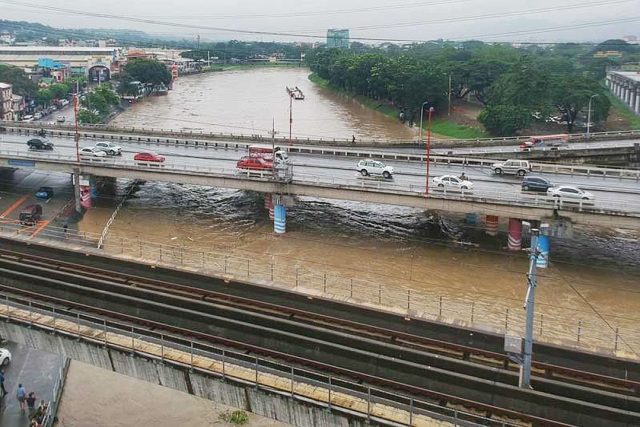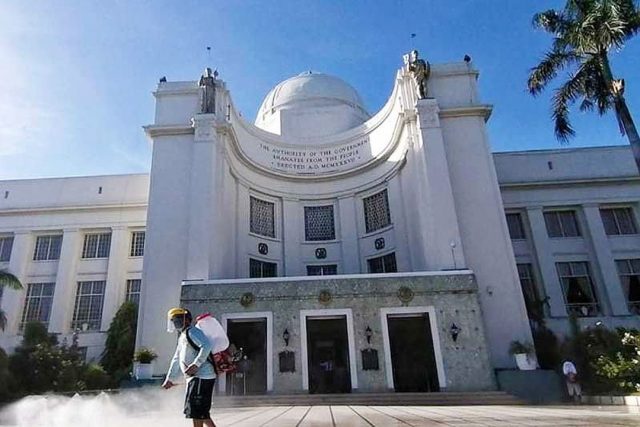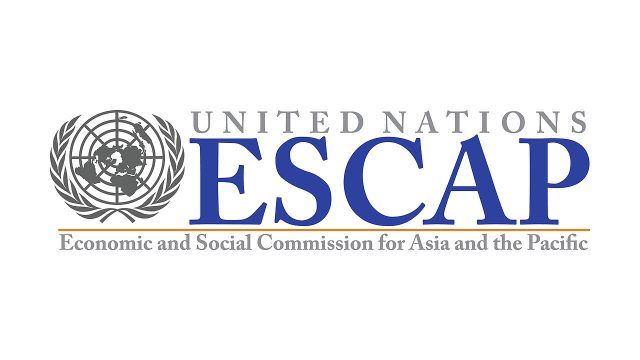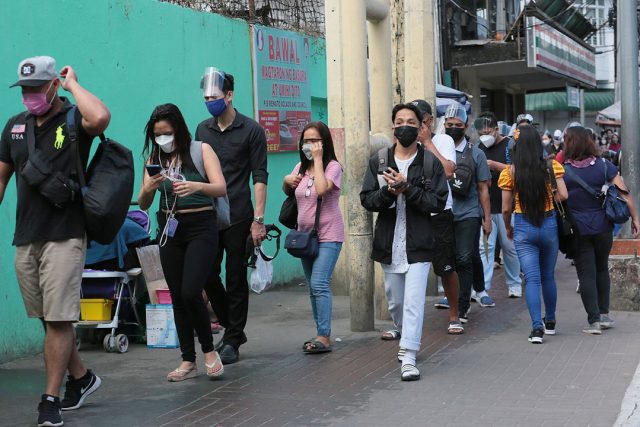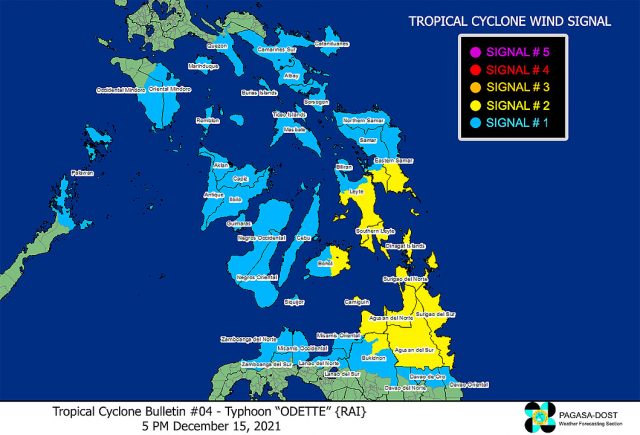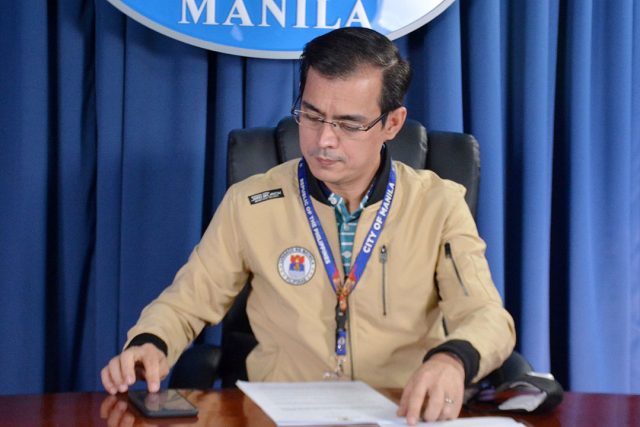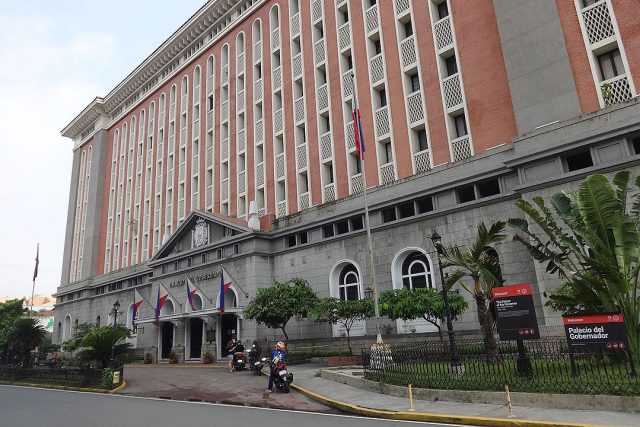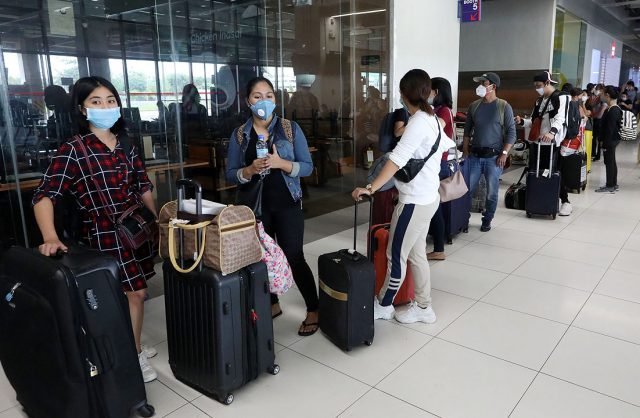Just as everyone is busy observing Christmas traditions like wrapping up presents for loved ones, including Santa who must also be knee-deep finalizing his list, accountants are busy completing their accounting checklists and hustling to wrap up year-end requirements to close the books.
With barely a couple of weeks before the end of the year, accountants are occupied preparing their books of account and other documents for financial and tax reporting purposes. To manage the myriad of accounting activities at year-end, I’ve decided to share my own little list of guidelines to help ensure the punctual completion of tasks.
1. PREPARE A YEAR-END CLOSING CALENDAR
Accountants must define the timelines and activities for completion at year-end. For instance, the timelines should include data gathering, processing, review, reconciliations, and financial report deadlines. Then, the target dates should be marked on a calendar to ensure the timely completion of all required year-end accounting activities.
2. MAKE A LIST OF PERIOD-END ENTRIES
Period-end entries comprise transactions not usually taken up during regular processing. These include entries covering non-cash transactions, such as the conversion of foreign currency-denominated account balances, accrual of completed transactions without billings/sales invoices, depreciation of property, plant, and equipment, amortization of prepayments, adjustments to comply with accounting standards, and other period-end entries.
Accountants must list down all period-end entries as a guide in closing the books of account.
3. COLLECT ALL REMAINING DOCUMENTS
To facilitate the closing of books, accountants should gather all accounting documents, such as sales invoices, billings, statement of account, official receipts, purchase orders, delivery receipts, contracts, and others. All transactions transpiring up to the end of the fiscal year must be fully, accurately, and appropriately recorded in the books. Otherwise, unrecorded transactions may result in either understatement or overstatement of account balances, give rise to questions by regulatory bodies [e.g., Bureau of Internal Revenue (BIR) and Securities and Exchange Commission (SEC)] during the financial statements/books of account review.
4. REVIEW DETAILS OF ACCOUNT BALANCES
Transactions comprising the account balances must be sufficiently reviewed. Accountants must assess if all transactions are consistent with the applicable accounting framework: Philippine Financial Reporting Standards (PFRS), PFRS for Small- and Medium-sized Entities (SMEs) and PFRS for Small Entities (SEs).
Under the Revised Securities Regulation Code (SRC) Rule 68 of the SEC, PFRS applies to large and/or public interest entities. Large entities are those with total assets of more than P350 million or total liabilities of more than P250 million, while public interest entities are those that meet any of the following criteria:
i. are holders of secondary licensees issued by the regulatory agencies;
ii. are required to file financial statements under Part II of SRC Rule 68;
iii. are in the process of filing their financial statements for the purpose of issuing any class of instruments in a public market; and
iv. such other corporations that the SEC may consider in the future as imbued with public interest regardless of the lack of a requirement to obtain a secondary licensee from the SEC.
PFRS for SMEs must be used by medium-sized entities, which have total assets of more than P100 million but not more than P350 million or total liabilities of more than P100 million but not more than P250 million, while PFRS for SEs shall apply to small entities, which have total assets or total liabilities of between P3 million to P100 million. Further, they should not fall within the criteria under Items (i) to (iv) as mentioned above.
5. PERFORM RECONCILIATION OF ACCOUNTS
Account balances must reconcile with schedules and supporting documents. Some examples include: (i) bank reconciliation to match the cash book balance with the bank statements; (ii) accounts receivable reconciliation to match the book balance with the aging analysis; (iii) property, plant, and equipment reconciliation to match with the lapsing schedule; and (iv) reconciliations of other account balances. All reconciling items must be properly supported and adjusted, as necessary, in the books of account.
6. ORGANIZE THE BOOKS OF ACCOUNT FOR SUBMISSION TO THE BIR
There are three types of books: manual, loose-leaf, and computerized. Businesses using loose-leaf books of account as approved by the BIR are required to submit bound books for the taxable year within 15 days from the close of each fiscal year (on or before the 15th of January for taxpayers operating on a calendar year). On the other hand, businesses using computerized books of account as approved by the BIR are to submit their books for the taxable year within 30 days from the close of each fiscal year (on or before the 30th of January for calendar year taxpayers). For businesses using manual books, annual submission is not necessary. However, a new set of books must be registered when there are no remaining pages to write on.
7. READY THE BOOKS OF ACCOUNT FOR THE YEAR-END FINANCIAL AUDIT
For BIR purposes, under the Tax Reform for Acceleration and Inclusion (TRAIN) Law, books of all businesses with gross receipts of at least P3 million in a taxable year must be audited by an external auditor.
For SEC purposes, the following are the thresholds for the audit of books of account defined under the Revised SRC Rule 68:
i. Stock and nonstock corporations with total assets or total liabilities of at least P600 thousand;
ii. Branch/representative offices of stock foreign corporations with assigned capital of at least P1 million;
iii. Branch/representative offices of nonstock foreign corporations with total assets of at least P1 million; and
iv. Regional operating headquarters of foreign corporations with total revenues of at least P1 million.
Corporations with a fiscal year-end of Dec. 31 must submit their annual audited financial statements (AFS) with the SEC consistent with the annual schedule of AFS filing. For those with a fiscal year-end other than Dec. 31, the AFS is due within 120 days after the end of the fiscal year. Also, the AFS must be submitted with the BIR within 15 days from the deadline of annual income tax return electronic filing.
With proper planning, accountants can complete their financial reports on time, fully compliant with regulatory requirements. Having worked through a hectic schedule, accountants may finally wrap up the year by closing the books and start unwrapping holidays presents.
The views or opinions expressed in this article are solely those of the author and do not necessarily represent those of Isla Lipana & Co. The content is for general information purposes only, and should not be used as a substitute for specific advice.
Jane R. Alcause-Fabro is a director at the Client Accounting Services Department of Isla Lipana & Co., the Philippine member firm of the PwC network.
jane.r.alcause@pwc.com

